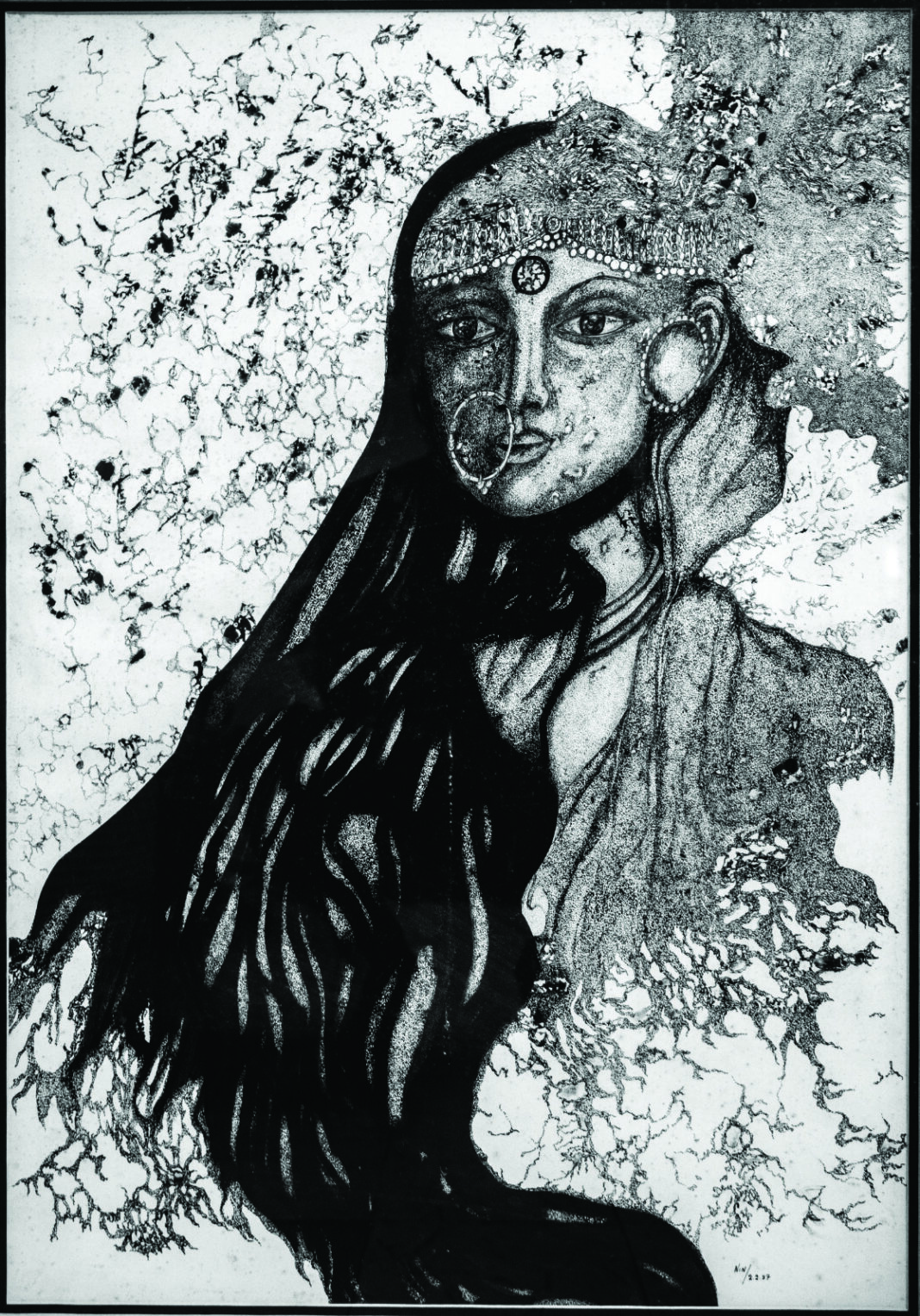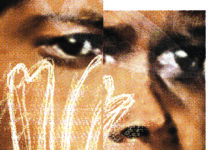The collective of committed historians, researchers and writers, that Vijaya Teelock was able to draw into her sillagen leaving university, has just published the second version of Women in the making of Mauritian history, with Editions de l’Océan Indien. Dominique Bellier
A few years ago, the historian lamented that the role of women in the history of Mauritius was still an unexplored field of research. Here, she offers 34 contributions accessible to all audiences, in English, French and Kreol Morisyen. The book is not just for academic specialists, but also for history buffs such as co-editor Steve Sénèque, and artists such as Nalini Treebhoobun and Cendrine Bolaram.
As was the case with slavery fifty years ago, the history of women is beginning to be written here in small chunks and from multiple angles, also with the contribution of disciplines adjacent to history, such as literature, anthropology and the study of oral traditions, and so on.
How do you tell a story that has been rendered invisible? Restore domestic life? Telling the story of those who were “wallpapered” from social life? How can we confine ourselves to court records of slaves who defied authority?
Following in the footsteps of Pascal Blanchard’s edifying Sex, Race and Colony, Élodie Laurent recounts a taboo part of our history: the sexual exploitation of slaves in Isle de France. The author of La femme, cette inconnue (2013), Eileen Lohka, draws a parallel between the native women of Canada, where she lives, and those of Mauritius, whose existence has been erased since the very beginning. Some fifteen new contributions have been added to this edition, on sale for just Rs 375.








